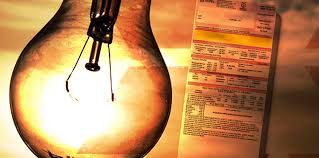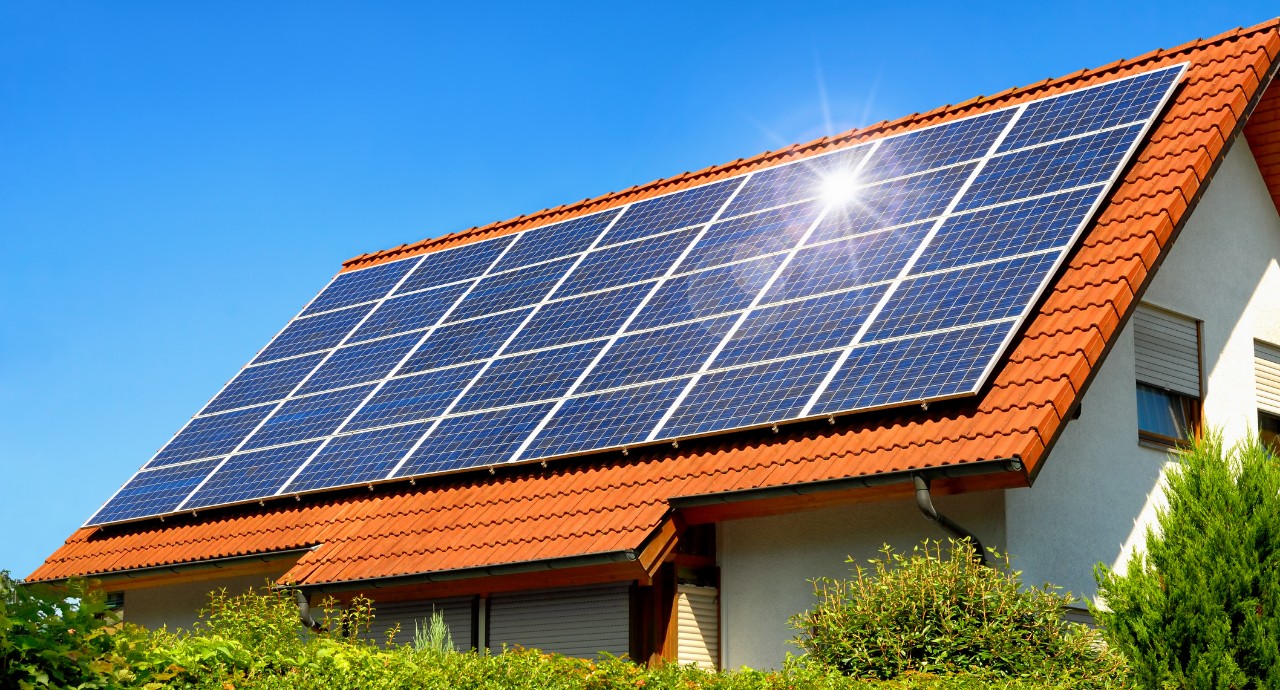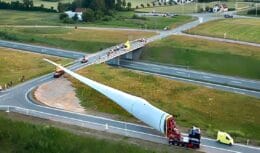
The escalation of the electricity bill is becoming a greater challenge for Brazilians day by day, and an opinion from ANELL for 2022 is not optimistic
A text published internally by National Electric Energy Agency and released by Estadão, the National Electric Energy Agency predicts even greater increases for electricity bills in the year 2022.
According to the document, “the average tariff impact in 2022 will be around 21,4%”.
According to information from Estadão, the accumulated increase in 2020 for the Residential final consumer was 7,4%. That is, the projected increase for next year is three times higher than what we had in 2021.
- UFMS will build a solar-powered and wireless charging station to supply electric cars and bicycles at the university
- More expensive electricity bill due to water crisis, the biggest in 91 years in Brazil, increases product prices in malls and brakes end-of-year sales in stores
- Panvel invests BRL 4 million and opens a new solar power plant in the state of Rio Grande do Sul
In addition, a gap of 13 billion by April 2022 are the “best estimates” that forecasts can point to companies in the sector, this already discounting the “forecast of revenue collection from the Tariff Flag level water scarcity in the period.”
That is, according to the report, even with the maximum tariff flag, the forecast is for losses in the sector.
The search for alternatives to reduce energy costs continues
This constant upward trend has led both residential consumers and business and industrial consumers to look for alternatives to lower their electricity bills.
Decentralized alternative energy sources are becoming an increasingly desired solution, with solar energy being the most used and even encouraged by various types of programs. credit and facilitation of the acquisition of solar panels.
Residential solar panel design and installation companies are multiplying in the country.
According to the Portal Solar website, there was a growth of 53% in microgeneration of electricity with solar source, the amount of energy generated in total jumped from 4.71 GW from january to 7.3 GW in early November.
By way of comparison, the total microgeneration of solar energy in the country corresponds to about half of the power generation capacity of the Itaipu plant, which is 14 GW.
Despite the investment not being small, around R$ 15.000,00, according to information from the Solar Portal, electricity bills are 50% to 90% cheaper, because in addition to the generation of energy used in the residence, there is the credit system for energy generated by residential solar panels and not used in the residence, which is sent to the grid and starts to count as credit for the person with the energy distributor.

Still according to Portal Solar, the investment made in the acquisition of solar panels for a residence ends up paying for itself in about five years.
What effect does the increase in electricity have on inflation?
There are still no official data to justify this progressive increase in inflation electricity bills in 2022, our data for 2021 indicate that increases in electricity have a weight of 4,81% in the IPCA, together with fuels which have a weight of 5,98. XNUMX%, in addition to cooking gas, which has also been pulling the index up..
These 3 items become a serious problem for the IPCA, which is part of the calculation of inflation, as they are expenses that Brazilians cannot escape, one way or another.
In addition, they affect the entire production chain in the country, especially since the transport of goods in Brazil is mostly done by road.











